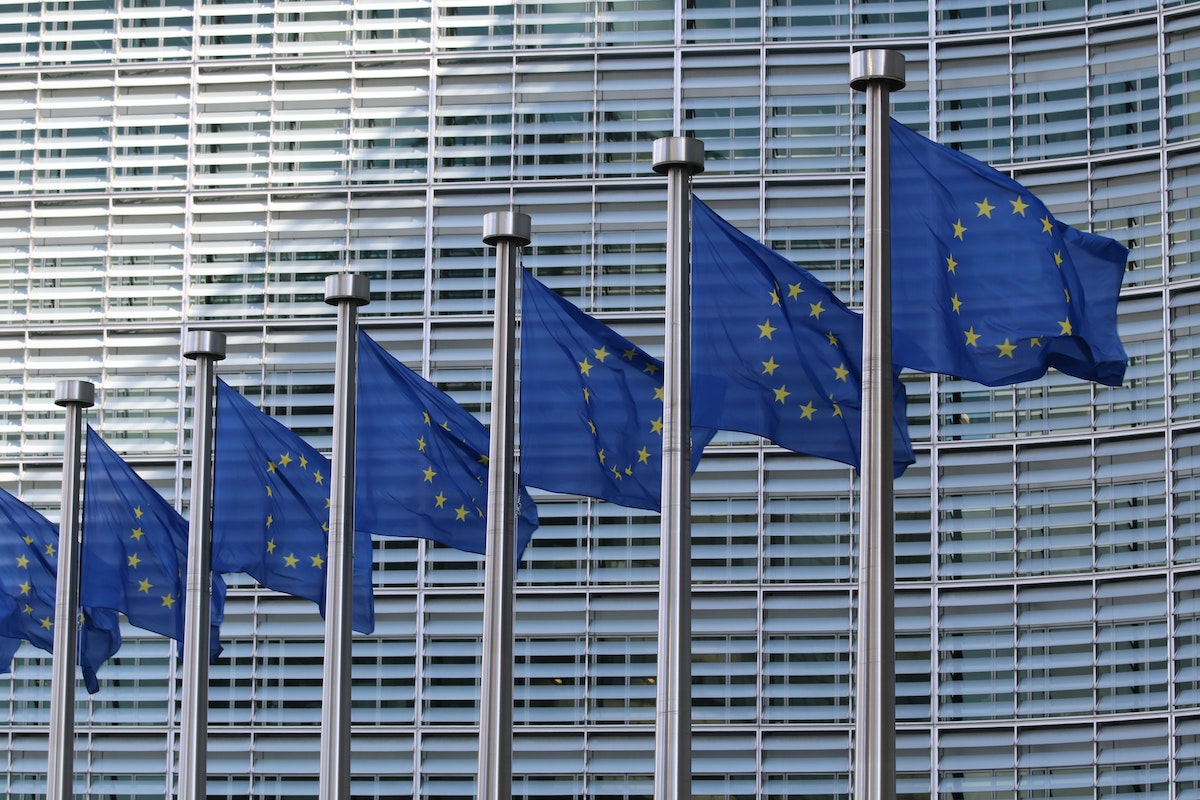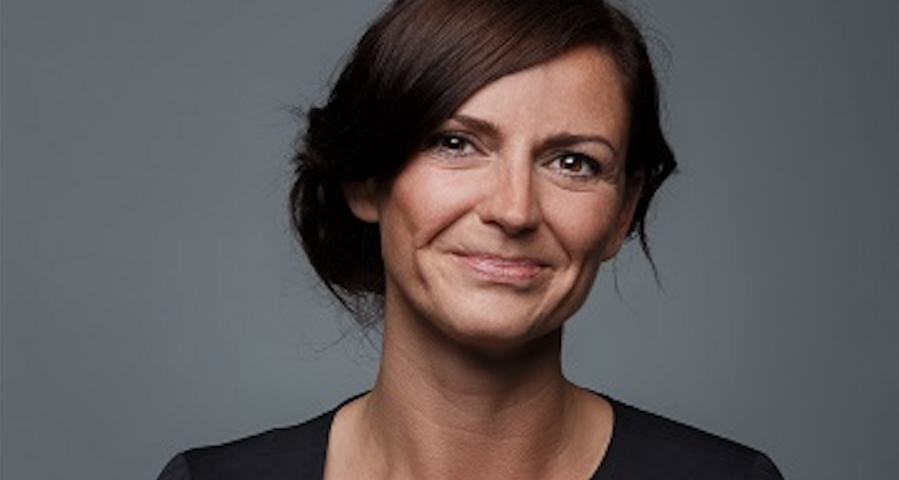
Jean-Paul Kogan-Recoing: Building a crisis-proof F2F fundraising model
November 3, 2020
What does the Commission’s 2021 work programme mean for civil society?
November 4, 2020Philanthropy is on the rise in Central and Eastern Europe, but there is far greater potential for growth. Anna Korzeniewska, a Founder of the Social Impact Alliance for Central & Eastern Europe explores the philanthropic trends of the region, highlighting the role of the pandemic in strengthening citizens’ desire to give.
Since the fall of the Iron Curtain, the countries of Central and Eastern Europe (CEE) have made significant progress in economic and social development, building on the potential that remained deeply hidden for decades. Although this progress is something to be proud of, the region is still facing immense social challenges – national, regional, and global in scope. And it’s clear that there is far greater potential for philanthropy.
That’s what we set out to explore in our recent study, Philanthropy in CEE 2020 – a project carried out in partnership with Kantar. The results of our study clearly show where we are today, serving as a reference point we have never had before. We reviewed the philanthropic potential of individual donors in the region. While EUR 2 billion is currently donated annually, we estimate that the philanthropic potential is much more sizeable, at EUR 3.3 billion. What’s more, Covid-19 is proving to be a strong stimulus for philanthropy.
CEE giving trends
As it stands, nearly half of CEE citizens (46%) gave a donation last year. Giving was most prevalent in Poland (51%) and least common in Hungary (36%), but the largest average payments are made by donors from the Czech Republic (approx. EUR 150), followed by Slovakia (EUR 110), with Hungarians and Poles donating around EUR 80-85 annually.
When compared with donors in the USA – one of the most philanthropically mature markets in the world, we see that CEE citizens currently give at less than 4% of the amounts donated by Americans (Giving USA 2020). The current donations amount to less than 1% of their annual salaries. Compared with other expenses, the citizens of the largest of the studied markets, Poland, spend two times more money on sweet and salty snacks, and even four times more on alcohol (Nielsen 2019).
It turns out that a similar proportion of men and women in CEE are involved in philanthropic activities, but the way they choose to give differs. Men are more likely to make regular donations and the average value of their contributions is 40% higher. Women tend to choose alternative forms of support. They purchase products and services where part of the profit is transferred to social purpose organisations, and their activity is often inspired by social media posts and fundraising campaigns on Facebook.
Residents of CEE have high expectations from business, the biggest of which is a higher involvement in social activities (two thirds of respondents). More than four in ten (44%) of the region’s citizens state that they are willing to pay more for products of socially responsible brands, while over a third (36%) consider CSR activities of companies an incentive to purchase their products or services. This may become an important stimulus for corporate giving.
Impact of the pandemic
The ongoing COVID-19 crisis seems to have further inspired CEE citizens to give, realising the importance of their philanthropic involvement in society. More than one in three citizens (36%) confirmed that the pandemic changed their attitudes in relation to philanthropy. While, for 15% it was a breakthrough moment to start giving; something they had never done before.
Most respondents changed the forms of their giving, primarily by devoting more time to supporting important goals and shifting their philanthropic activity to areas that needed ongoing support.
This sense of social solidarity built during the pandemic can be a valuable basis for further philanthropy. So, stimulating and maintaining CEE citizens’ involvement should be a key goal guiding the direction of travel for public administration and social organisations.
The report (freely available in 5 languages) sets out these findings in greater detail, along with recommendations for business, public administration, social purpose organisations and individuals. We believe that these recommendations will help create and implement effective and sustainable solutions to growing philanthropy to address social challenges in the CEE region.
As the pandemic is continuing to influence and shape our world, we hope to understand more about how this is changing people’s approach to philanthropy. This is why we plan to conduct this study annually, making it a good starting point for further scientific, informational, educational, and philanthropic endeavours. We’re now calling for partners to help support the programme, whether that be financially or with relevant professional services.
The potential for philanthropy in CEE is significant. It now remains for those of us working in the field of social change to establish how best to activate supporters, inspiring and engaging people across the region to give. And, to ensure that we seek not only a reactive, emotion-based response, but that we work towards inspiring strategic philanthropy, which maximises lasting, long-term social impact.
About Anna Korzeniewska
Anna Korzeniewska is a Founder of Social Impact Alliance for Central & Eastern Europe – an international think tank whose mission is to create a philanthropy-friendly ecosystem in CEE.




